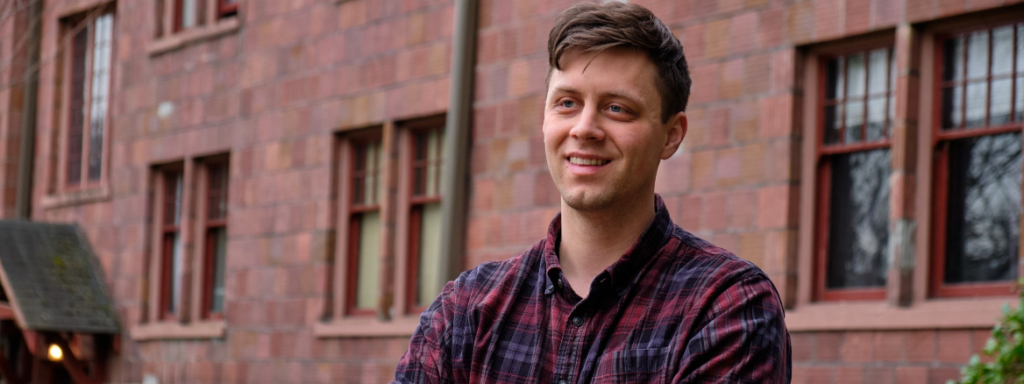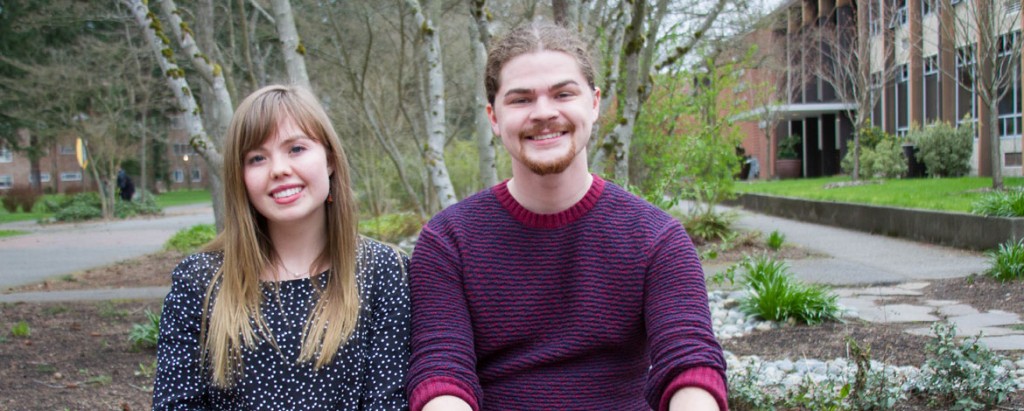Page 100 • (4,819 results in 0.049 seconds)
-

Rebekah Blakney ’12 Rebekah Blakney ’12 https://www.plu.edu/resolute/spring-2016/wp-content/uploads/sites/14/2016/05/rebekah-blakney-header-1024x427.jpg 1024 427 Kari Plog '11 Kari Plog '11 https://www.plu.edu/resolute/spring-2016/wp-content/uploads/sites/14/2016/05/kari-plog-avatar.jpg May 14, 2016 April 18, 2019 PLU alumna collects, studies mosquitoes in the pursuit of improved public health TACOMA, WASH. (March 9, 2016)- Mosquitoes are pests to some, but for Rebekah Blakney ’12 they carry a
-
are now 193 counties following a labyrinth of political systems and economic models, and a global population that now exceeds 7 billion. Just as the symposium reaches out to challenge the assumptions and understanding of the PLU campus community, so too is it intended to reach out to the broader Puget Sound Community. Previous symposia have been Migration: Towards an Interdisciplinary and Cross-Cultural Understanding of Human Mobility, The Countenance of Hope: Towards an Interdisciplinary and
-

Jared Wright ’14, discusses working on refugee resettlement, impactful internships, and more Posted by: Marcom Web Team / March 4, 2020 March 4, 2020 By Zach PowersPLU Marketing & CommunicationsTACOMA, WASH. (March. 2, 2020) — Jared Wright ‘14, political science and global studies double major, arrived at PLU eager to engage in community work and excited to study social justice. He didn’t have specific plans and didn’t know what it would all look like, but he can clearly remember the excitement
-
if we could do a real exchange.” And thus, a “real” exchange was implemented. The Trinidadian students would live with the PLU students, take courses alongside them, be immersed in the cultural life of the islands and complete a service-learning project. At the semester’s conclusion, the most promising student would receive a four-year scholarship to PLU, funded jointly by PLU and Trinidad’s Ministry of Community Development, Culture and Gender Affairs. Hughes jumped at the chance. “I learned
-
animals seriously is pervasive, and not always subtle. To study nonhuman animals in ways that try to accord them value and dignity is still likely to strike most academics as quaintly marginal, even risible, an easily dismissed sentimentality. Shortly after returning from Mexico, for example, I participated in a conference on animals and representation. Attended mostly by professors in the humanities and in cultural studies, the conference drove home to me the difference between my experience of
-

May 24, becoming the first in her family to earn a college degree— in her case, Hispanic Studies—she will be grateful for all the support that made her journey possible: from the Bensons, her Minds Matter tutors, the Karl Stumo family, her PLU professors and her parents, who arrived in the U.S. as undocumented workers 15 years ago. “They worked very hard and supported me,” Jimenez said of her parents. The Jimenezes also worked and saved to raise enough money—$6,000 each—to get the visas necessary
-

other very well.” The two will be spending a lot of time together as they travel around Norway. They each have a research project to complete during their time with the International Summer School, where they will study with students from 80 countries around the world. The global connection was one of the highlights for Peace Scholar alumna Ellie Lapp ’17. “A casual dinner conversation or walking down the hallway can be more like cultural experiences and experiences of diversity,” Lapp said. “These
-
possible. I am a Sociology and Hispanic Studies double major. Before this trip, I was highly focused on the immigration system in the United States; I was incredibly curious about its history and the social ramifications surrounding it, and was fascinated by how these are manifested in Tacoma, since one of the largest detention centers in the country is housed on Tacoma’s port. Immigration, or migration in general, are complex topics that influence culture, experiences, and social situations in every
-
on a very regular basis. When I was asked to teach this class, I decided that I’d work with the students to create a real exhibit in the Scandinavian Cultural Center! Jen Jenkins, Chair of the Scandinavian Studies Program, approved a topic for the course that would also allow the course to fulfill a Scandinavian Studies elective credit. With the course taking place during the Spring, and with all the conversations around campus about social justice, I thought people might be interested to learn
-
://studyabroad.sit.edu/advisors-faculty/seminars-abroad-for-faculty/ • School for Field Studies – www.fieldstudies.org Since 1980, the School for Field Studies (SFS) has been teaching students to address critical environmental problems using an interdisciplinary, experiential approach to education. Students on SFS programs study at research stations in Costa Rica, Turks and Caicos, Australia, New Zealand, Panama and Bhutan examining the interdependent cultural, economic, and ecological aspects of real-world
Do you have any feedback for us? If so, feel free to use our Feedback Form.


